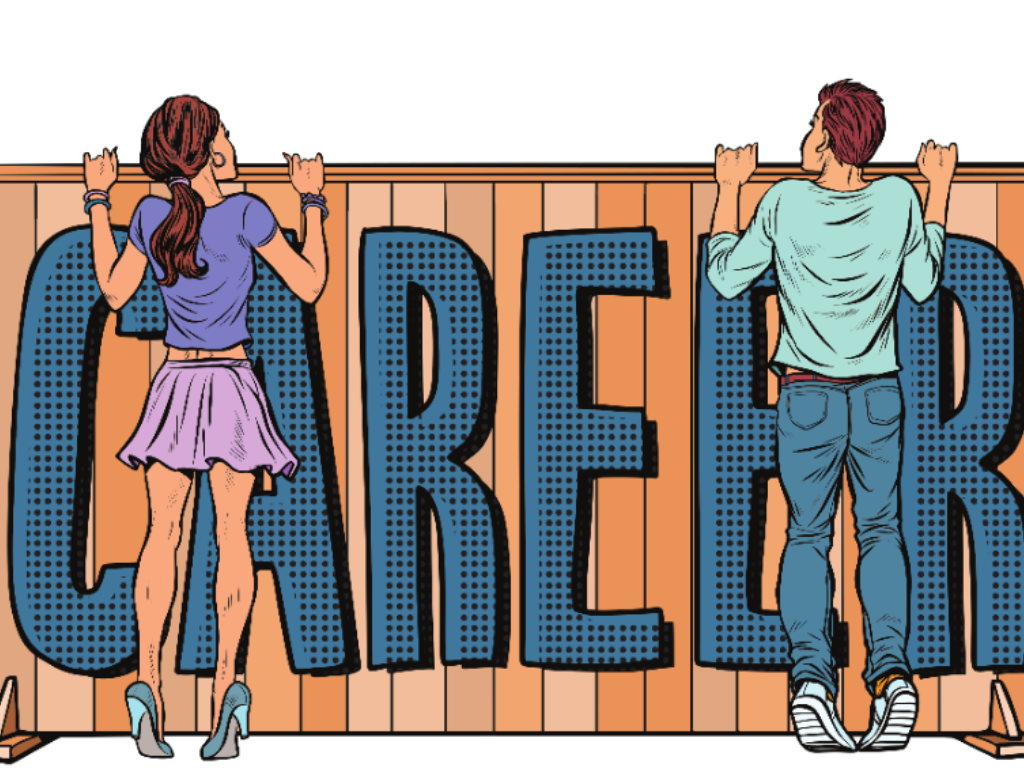Fundraising is facing a retention crisis. Far too many donors are not staying with the organizations. As many as 4 in 5 donors give once to an organization and then never again.
This sucks the life out of any fundraising program, keeping many organizations in ever-tougher “hamster wheels” of trying to replace missing donors with new donors while costs go up, response rates go down, and the only number that looks good is average gifts are going up.
But there’s another retention crisis we don’t hear as much about. Fundraiser retention.
Recent polls have found that about 50% of fundraisers say they expect they’ll leave their job within the next two years. Even worse, about 30% have said that they plan to leave the fundraising field completely within two years.
We should be asking ourselves if these two retention crises are linked.
When a fundraiser leaves a job, they take with them a body of knowledge and relationships. There are ways to minimize the loss, but a loss happens, and with so many people leaving their jobs – or the profession – the knowledge loss is bound to pile up.
A recent study by Revolutionise and the Institute of Sustainable Philanthropy, called “What Makes Fundraisers Tick?”, takes a close look at what might be causing the fundraiser retention crisis. The study concludes:
This hemorrhaging of talent is not sustainable. In the marketplace for fundraiser talent, demand currently outstrips supply with vacancies at smaller nonprofits proving particularly problematic to fill. The churn costs associated with replacing those fundraisers who leave their post also have a significant consequence.
A solution to all this is what the study is all about. Knowing what motivates – and demotivates nonprofit professionals can help organizations keep their best people – and improve their fundraising results.
What motivates fundraisers
Factors that relate to well-being: competence, autonomy, and connection. This suggests that in looking to build fundraiser wellbeing, organizations should invest in staff relationships in much the same way they do for donors, taking time to determine the specific interests that fundraisers might have and who or what they might need to be connected to.
Also: being treated with respect as a professional and receiving the support of colleagues in leadership or Board positions. This can be difficult, because it may require changing the behavior of leaders. But the reward for doing this can be huge.
Interestingly, compensation was relatively less important for professional fundraisers. This doesn’t mean go ahead and keep shelling out sub-standard compensation, but it does tell us to focus on the above factors to make the biggest difference.
What “drains” fundraisers
Lack of professional growth. Survey respondents noted seeing colleagues in other departments being promoted to leadership positions, but there appeared to be no comparable route for them to do likewise. It seems fundraisers have to move on to move up.
Lack of autonomy. This is the other side of the coin of some of the motivators. People like to have and be able to use responsibility. Not giving them trust and authority undermines that in a serious way.
Lack of Board support. A micro-managing fundraising-ignorant board not only hurts fundraising results – it can cost you experienced fundraising staff, sending your organization down a “vicious spiral,” where failure leads to ever more failure.
Harassment and discrimination are also important factors. With 26.5% of survey respondents saying they have experienced one or both.
There was also an interesting note about the role of conflict or disagreement about how fundraising should be practiced: Disagreements within the fundraising team were perceived as healthy and heightened loyalty to the employer. Conflicts with a leader or other teams over how fundraising should be practiced, lowered loyalty.
This is a critical conversation every nonprofit should be having at every level. Don’t wait for a crisis to overtake you. “What Makes Fundraisers Tick?” has a lot more detail on the survey and many proposed solutions. Download it now, and make sure leaders pay attention! You can’t afford not to.
Be the best fundraiser you can be. Join The Fundraisingology Lab by Moceanic. You’ll get the tools, the information, and the supporting community that will take you to new places in your fundraising career. Join the waiting list now and you’ll be the first to hear when the doors open again!
Related Blog Posts:










